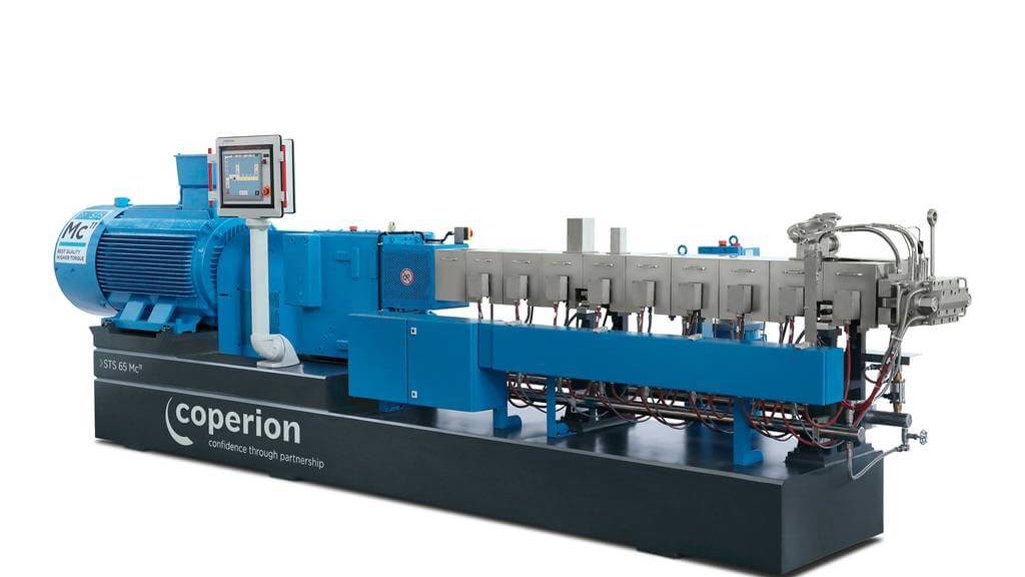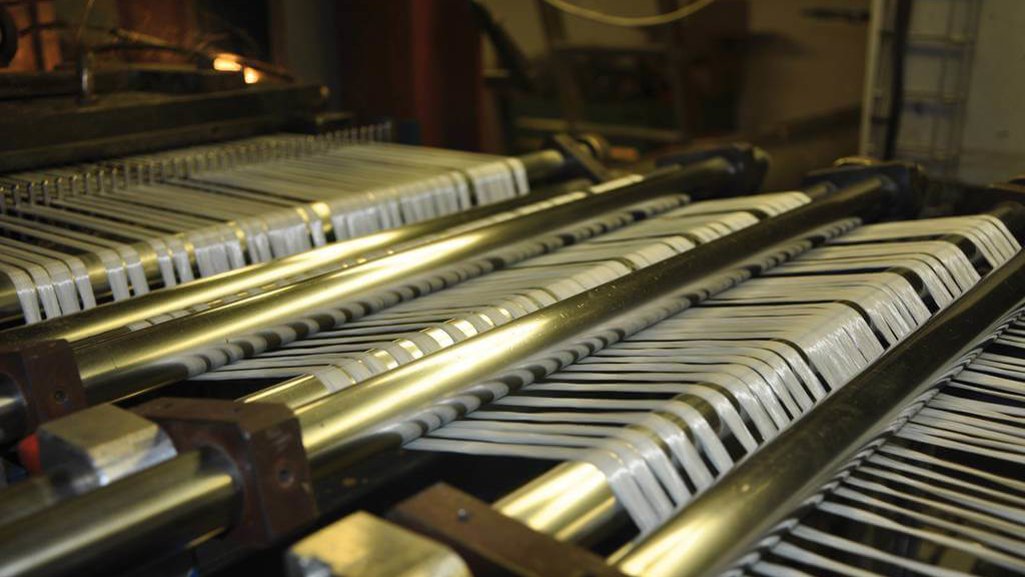Coperion is expanding its offering in the area of long fiber technology for the European and Asian regions. In cooperation with ProTec Polymer Processing GmbH in Bensheim, Coperion now offers complete installations for the production of long fiber reinforced thermoplastics (LFTs), meeting the growing need for LFT pellets. Components made of long fiber-reinforced plastics possess outstanding rigidity with low weight and increased impact resistance. Compared to short-fiber reinforced thermoplastics they also demonstrate improved mechanical and thermic material properties. With this improved quality, long fiber reinforced thermoplastics are well suited for higher stress und demanding areas of use.

注册订阅科倍隆新闻通讯,查看我们最新动态
Complete installations for the production of long fiber reinforced thermoplastics
Coperion offers technology for long fiber compounds

Pultrusion for LFT pellet production
The production of long fiber reinforced thermoplastics takes place within the pultrusion process. Here glass, carbon, metal or natural fibers are mixed into a polymer matrix. Through the pultrusion process, the individual fibers of the strands are impregnated. A homogenous bond of carrier polymer and individual fiber results. Melting of the polymers and mixing of additives takes place within the extruder. Coperion uses the ZSK Mc18 twin screw extruder or the STS Mc11. The ZSK Mc18 series is used in particular for products with a high torque demand, such as Engineering Plastics or high-temperature applications; the STS Mc11 series is used for standard plastics such as polypropylene and polyethylene. Coperion K-Tron equipment is used for feeding, as it is particularly suited for raw materials in powder form, such as polymer powder, additive powder, or filler materials such as talc and chalk. Following impregnation, the fiber-polymer strands are cooled in a water bath and subsequently pelletized to rod shaped pellets. Coperion Pelletizing Technology GmbH’s pelletizer is equipped with a special chopping rotor for this task. The final pellet length is usually between 5 and 12 mm. Whereas in the past, primarily polypropylene was used as the base polymer, there is now a clear trend toward other polymers such as PA, PEEK or PLA, and others can be used as well according to need. Line speeds are up to 50 meters per minute, depending upon the used polymer.

Collaboration offers many advantages
The collaboration between Coperion and ProTec Polymer Processing offers numerous advantages. The complete line is offered with optimized components to enable the highest quality LFT pellet manufacturing. Among these, along with the ZSK Mc18 or STS Mc11 twin screw extruder series, is a specially designed impregnation die head, developed by ProTec, which cannot clog with filler material. Moreover, roving unwinding with rotating coils, as well as roving pre-warming with individual fiber spreading, enable the best possible fiber impregnation. The complete installation offers one further advantage: different polymers in combination with special additives can be used in the same production line. Support and development of customer-specific formulations can take place in ProTec’s Testing Center in Bensheim. This production of product samples allows to validate components manufactured with LFT pellets. Using twin screw technology and the special impregnation die head, it is also possible to use additional fillers and even regrind material. As a result, the customer receives a fully automated production line, set and optimized to the customer’s formulation.
The automotive industry is one typical area of use for LFT; however, this technology offers advantages for further application fields in which products are exposed to higher demands and stresses, and would thus benefit from higher quality. At this time, Coperion and ProTec are working on their first joint client project in Europe.
-
Dr. Oliver Eitel
Global Product Manager Engineering Plastics
- email: oliver.eitel@coperion.com
- telephone: +49 (0)711 897 2474
 Coperion
Open navigation
Coperion
Open navigation